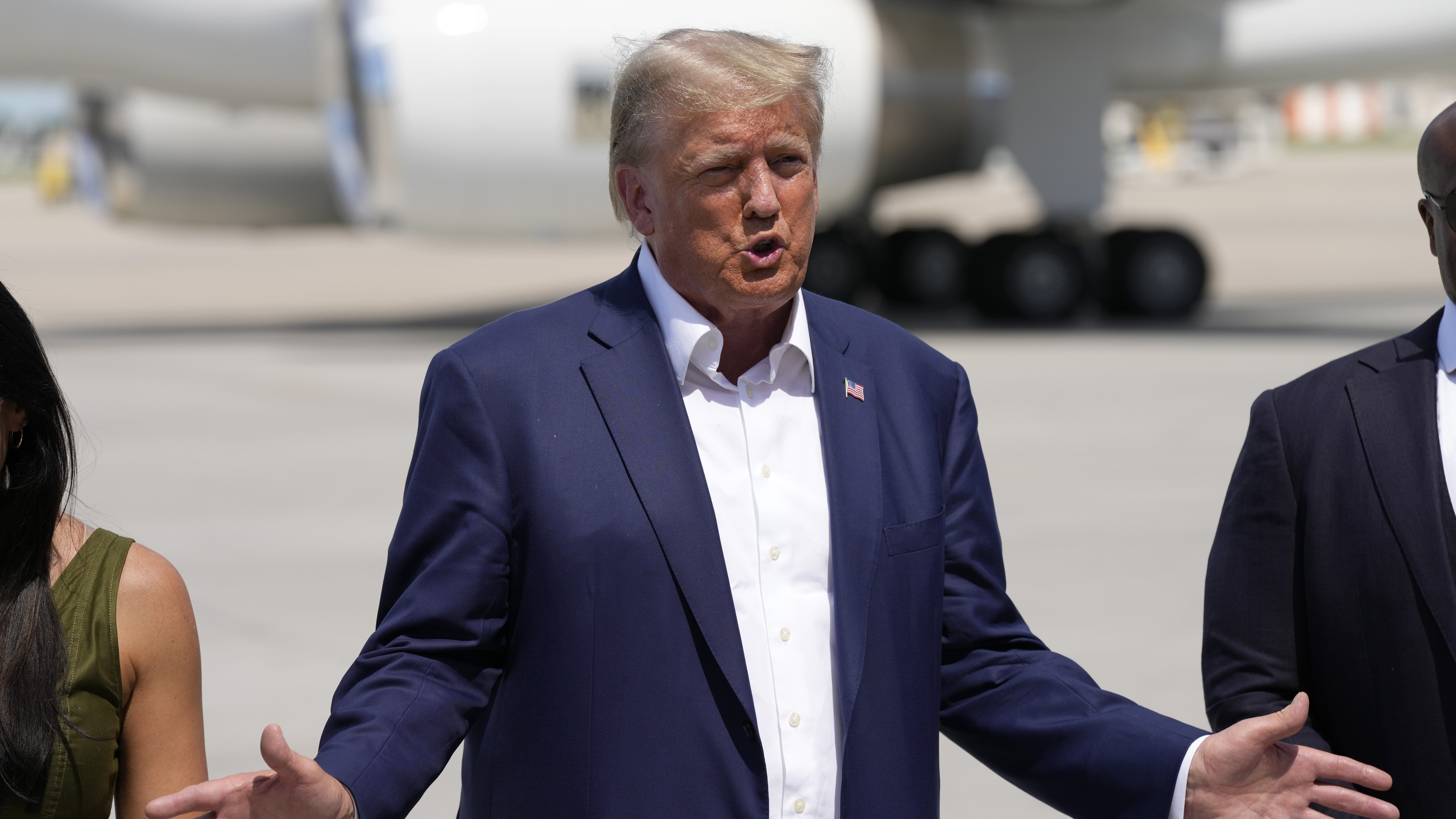
Trump Charged in Georgia 2020 Election Subversion Investigation
In a stunning turn of events, former President Donald Trump has been indicted in the state of Georgia as part of a far-reaching probe into his alleged involvement in subverting the 2020 presidential election. The indictment marks a pivotal moment in American political history, as it represents the first time a former president has faced criminal charges related to the integrity of a national election. This development has sent shockwaves through the nation, reigniting debates over the sanctity of elections and the accountability of public officials.
The indictment centers around accusations that Trump, through his actions and rhetoric, sought to undermine the fairness and legitimacy of the 2020 election in Georgia. A state known for its critical role in shaping the outcome of the election, Georgia became a focal point of the investigation due to a series of closely contested results and subsequent legal battles.
The investigation, conducted by a special counsel appointed by Georgia state officials, painstakingly pieced together a timeline of events leading up to and following the election. The crux of the indictment hinges on Trump’s alleged efforts to pressure state officials to overturn the election results in his favor. This pressure campaign reportedly included phone calls, public statements, and private meetings where Trump purportedly urged officials to “find” enough votes to secure his victory in the state.

Legal experts have pointed out that the indictment is a significant step, but the road ahead remains uncertain. The charges include multiple counts, such as solicitation of election fraud, conspiracy to commit election interference, and abuse of power. If convicted, the former president could face severe penalties, including fines and potential imprisonment. However, the legal process is complex, and any trial would likely involve intricate legal arguments and thorough examination of evidence.
Trump’s legal team swiftly responded to the indictment, denouncing the charges as politically motivated and baseless. They argue that Trump was well within his rights to express concerns about election irregularities and that his actions did not amount to criminal behavior. This sets the stage for a potentially contentious legal battle, where both sides will present their interpretations of the events and the law.
Public reactions to the indictment have been divided along partisan lines, mirroring the deep political polarization that has characterized American society in recent years. Supporters of Trump see the indictment as a continuation of what they view as a biased campaign to discredit the former president and his policies. On the other hand, those who believe that Trump’s actions undermined the democratic process view the indictment as a necessary step toward upholding the rule of law and maintaining the integrity of future elections.

The indictment also raises broader questions about the accountability of high-ranking officials. The precedent set by this case could have far-reaching implications for the conduct of future presidents and their interactions with the electoral process. Critics of Trump argue that his rhetoric and actions went beyond the bounds of acceptable behavior for a sitting president, warranting legal consequences to prevent such behavior from occurring again.
As the legal proceedings unfold, legal experts emphasize the importance of maintaining a fair and transparent process. The case’s high-profile nature requires careful handling to ensure that justice is not only done but also seen to be done. The American legal system’s credibility is at stake, and every effort must be made to prevent any perception of bias or undue influence.
Amid the legal intricacies, it is essential not to lose sight of the broader implications of this indictment. The case is not just about one individual; it raises profound questions about the resilience of American democracy and the strength of its institutions. The trial will be closely watched by citizens, legal scholars, and political leaders around the world, as it underscores the United States’ commitment to the principles of democracy, rule of law, and accountability.

In a nation grappling with its identity and its future direction, the outcome of this trial could shape the narrative for years to come. It will likely influence public trust in the electoral process, the perception of presidential power, and the boundaries of acceptable political discourse. While legal experts work within the confines of the courtroom, the broader societal impact of this indictment will continue to reverberate throughout the nation.
In conclusion, the indictment of former President Donald Trump in the Georgia 2020 election subversion investigation is a landmark moment in American history. This pivotal development highlights the delicate balance between exercising free speech and undermining democratic institutions. The trial’s outcome will serve as a litmus test for the strength of American democracy, emphasizing the importance of fair and transparent legal proceedings. As the nation watches closely, the legal process will determine the implications for future presidential conduct, the sanctity of elections, and the rule of law itself.




